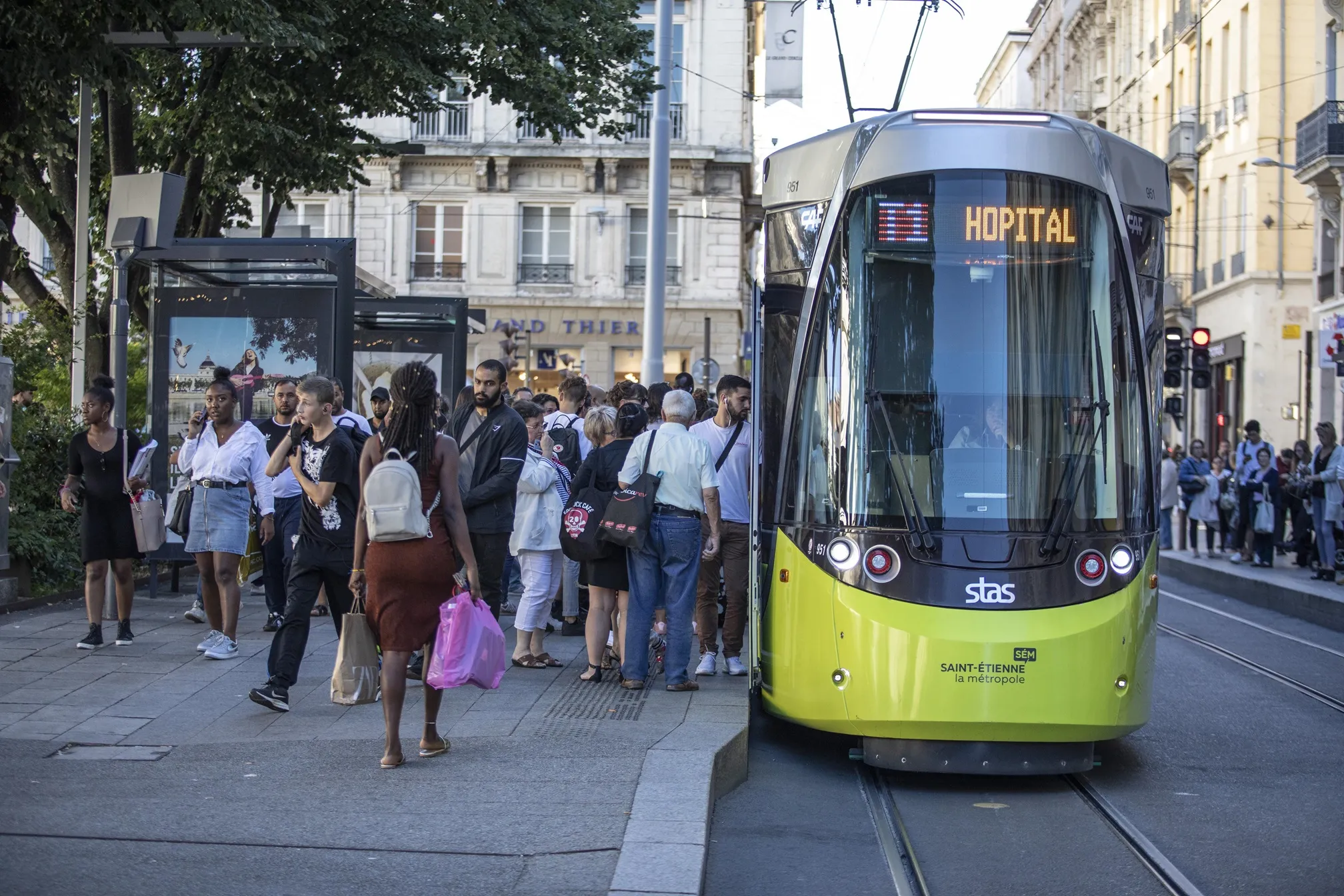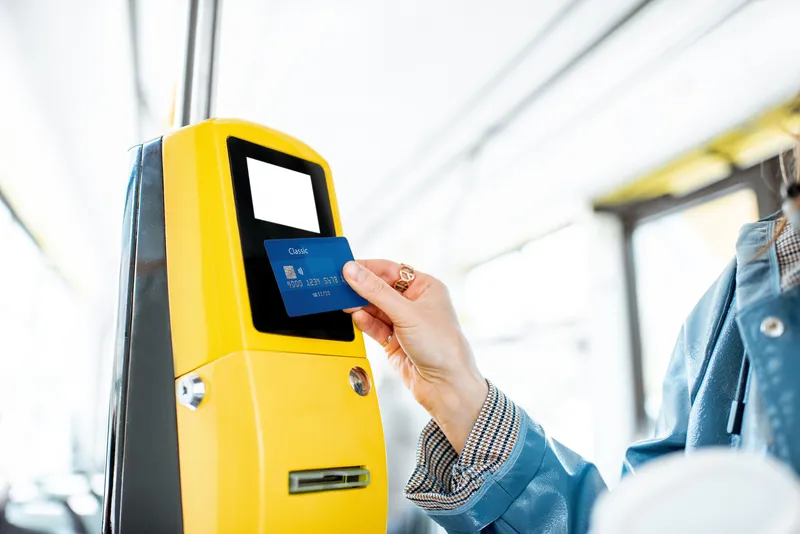The advanced parking solution makes it easier for motorists to locate and pay for parking by providing real-time data to motorists through a free smartphone application that guides drivers to available parking spaces. The application uses information from wireless sensors, which detect the presence of vehicles in individual parking spaces. Once parked, the consumer friendly interface enables consumers to pay for parking using cash or credit cards at the meter or through the application on their mobile device. Additionally, the application's built-in timer allows drivers to keep track of how much time is left on the meter, add time to it and even pull up walking directions to help find their parking space when they need to return to their vehicle. According to the partners, simplifying the payment process for drivers typically results in increased parking revenue for cities, enabling them to improve aging infrastructure in a budget neutral manner.
Further efficiencies can be realised by the city via a central management system that enables operators to remotely monitor parking spaces and gain deeper insight into occupancy and duration. This can be used to optimise parking availability, inform smart planning, and implement demand-based pricing.
"We can work with cities to implement a seamless parking solution that requires little to no upfront investment and will not only pay for itself over time through operating efficiencies, but also could help fund future infrastructure upgrades," said Terry Heath, president, Mobility and Logistics division, Siemens Infrastructure & Cities.









